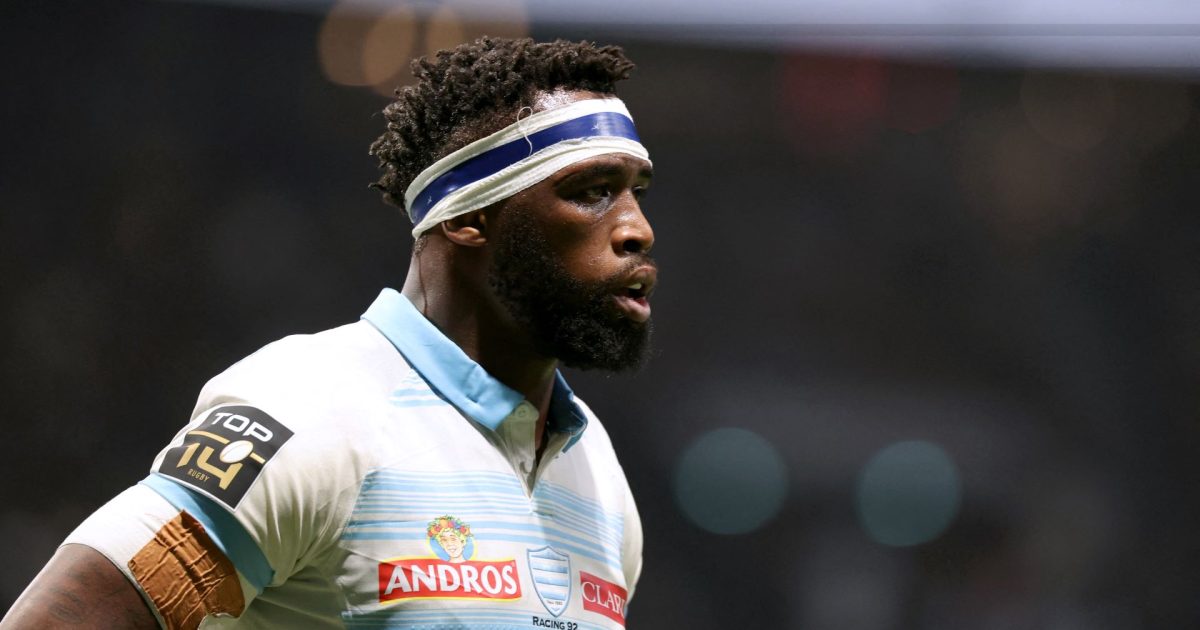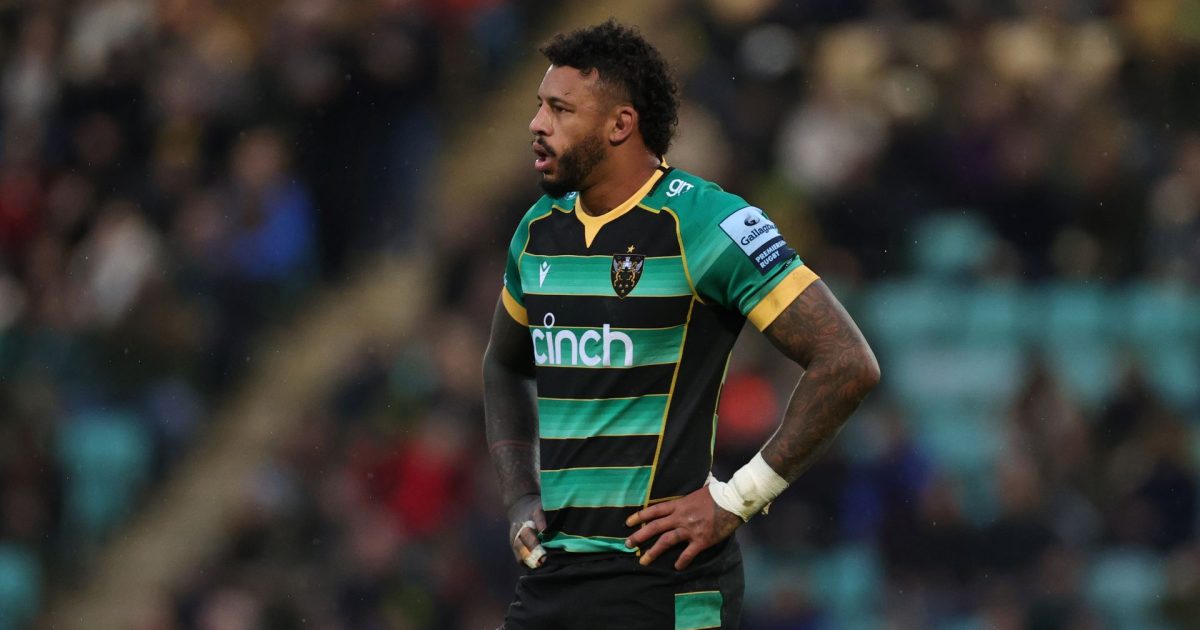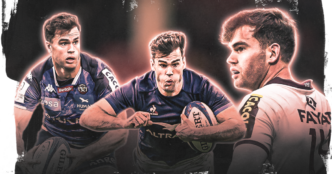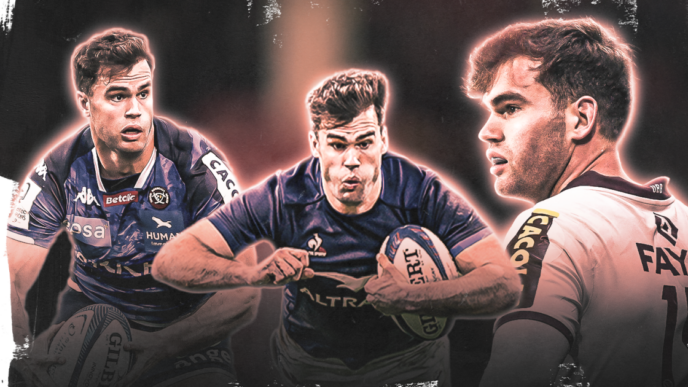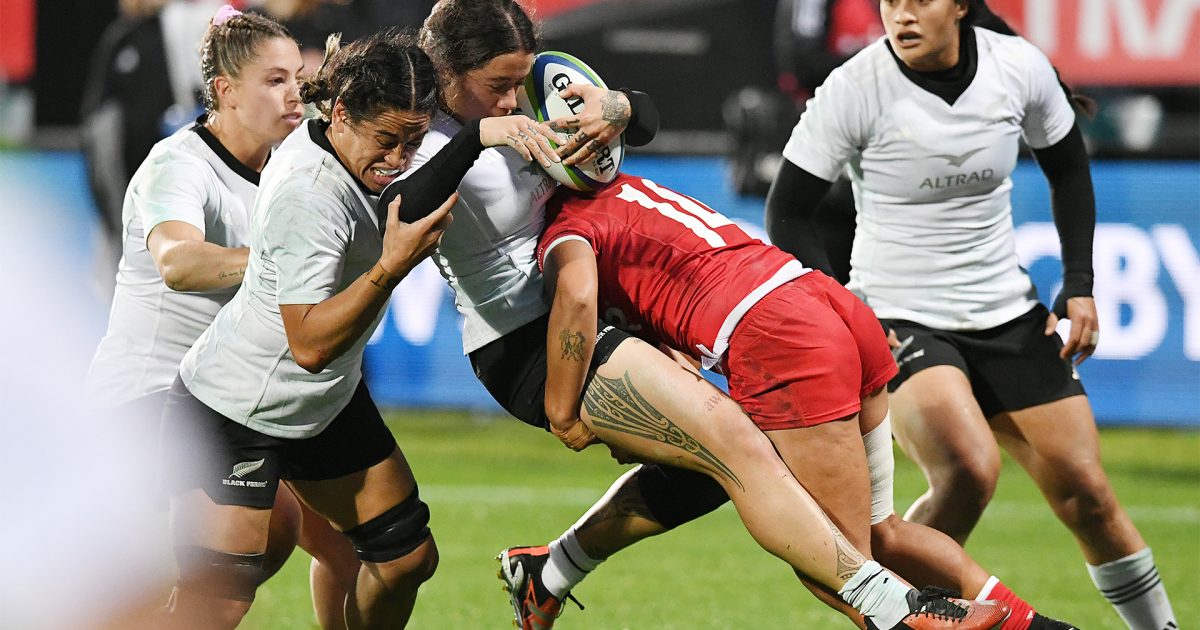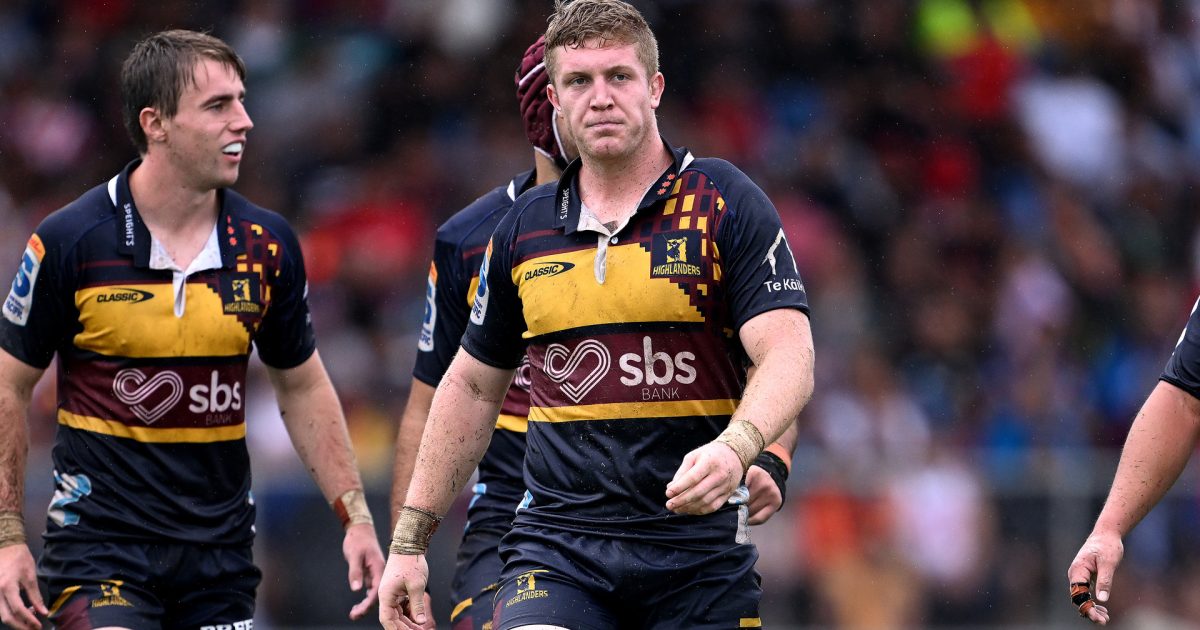Renowned Coaches Embrace Versatility in Rugby Union
Seasoned coaches like Eddie Jones have long been fascinated by the evolving trends in rugby union, particularly the expanding skill sets of players in various positions. As the 2023 World Cup approaches, Jones’ experiments with “utility players” like Josh Kemeny, who can cover both the back-row and centers/wings, reflect this ongoing evolution.
Jones’ penchant for testing boundaries extends back to his time as Japan and England boss. At the 2015 World Cup, he famously shifted Japan’s number eight Hendrik Tui to the wing, seeking to leverage his added running threat. More recently, Jones suggested that England’s Exeter wing Jack Nowell could potentially transition into a top-class openside flanker.
The Diversification of Skill Sets
The diversification of skill sets is not limited to the backline. New Wallaby assistant coach Geoff Parling highlighted a new breed of hookers in the northern hemisphere, such as Dan Sheehan, Theo Dan and Curtis Langdon, who combine size, athleticism and refined ball-handling abilities – a departure from the traditional mold.
Parling also emphasized the growing importance of open-side flankers’ passing skills and decision-making at the lineout, pinpointing the quality of Leinster’s Josh van der Flier in this area. This evolution is exemplified by the Irish back-row’s impact during their historic 2022 series win over the All Blacks, where their seven outperformed the legendary Sam Cane.
The Evolving Number Seven Position
Cane’s recent retirement announcement has prompted speculation that the change may not have been entirely voluntary, as new All Blacks coach Scott “Razor” Robertson seeks a broader range of skills from the pivotal number seven position. Candidates like Dalton Papali’i and Fraser McReight are emerging as the new benchmark for multi-skilled loose forwards.
McReight’s standout performances in Super Rugby Pacific, particularly his decision-making and versatility from the lineout, underscore the modern demands on the number seven. Whether it’s running support lines, acting as a secondary scrum-half, or providing crucial breakdown pilfers, the openside flanker is expected to excel in a multitude of roles.
As the Wallabies prepare to take on the mighty All Blacks in 2023, the contest at number seven will be a crucial battleground. Whoever emerges victorious, it will be a testament to the ever-evolving landscape of rugby union, where adaptability and diverse skill sets have become the new currency for success.
🔗 Source

